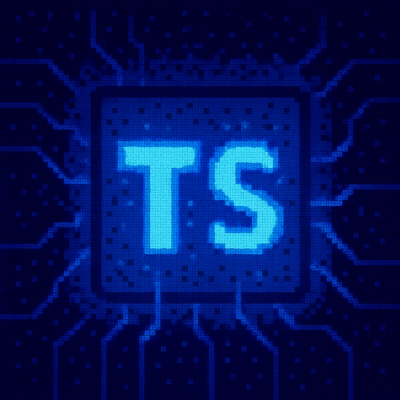
Security News
Critical Security Vulnerability in React Server Components
React disclosed a CVSS 10.0 RCE in React Server Components and is advising users to upgrade affected packages and frameworks to patched versions now.
construct
Advanced tools
Construct is a powerful declarative and symmetrical parser and builder for binary data.
Instead of writing imperative code to parse a piece of data, you declaratively define a data structure that describes your data. As this data structure is not code, you can use it in one direction to parse data into Pythonic objects, and in the other direction, to build objects into binary data.
The library provides both simple, atomic constructs (such as integers of various sizes), as well as composite ones which allow you form hierarchical and sequential structures of increasing complexity. Construct features bit and byte granularity, easy debugging and testing, an easy-to-extend subclass system, and lots of primitive constructs to make your work easier:
A Struct is a collection of ordered, named fields::
>>> format = Struct(
... "signature" / Const(b"BMP"),
... "width" / Int8ub,
... "height" / Int8ub,
... "pixels" / Array(this.width * this.height, Byte),
... )
>>> format.build(dict(width=3,height=2,pixels=[7,8,9,11,12,13]))
b'BMP\x03\x02\x07\x08\t\x0b\x0c\r'
>>> format.parse(b'BMP\x03\x02\x07\x08\t\x0b\x0c\r')
Container(signature=b'BMP')(width=3)(height=2)(pixels=[7, 8, 9, 11, 12, 13])
A Sequence is a collection of ordered fields, and differs from Array and GreedyRange in that those two are homogenous::
>>> format = Sequence(PascalString(Byte, "utf8"), GreedyRange(Byte))
>>> format.build([u"lalaland", [255,1,2]])
b'\nlalaland\xff\x01\x02'
>>> format.parse(b"\x004361789432197")
['', [52, 51, 54, 49, 55, 56, 57, 52, 51, 50, 49, 57, 55]]
FAQs
A powerful declarative symmetric parser/builder for binary data
We found that construct demonstrated a healthy version release cadence and project activity because the last version was released less than a year ago. It has 3 open source maintainers collaborating on the project.
Did you know?

Socket for GitHub automatically highlights issues in each pull request and monitors the health of all your open source dependencies. Discover the contents of your packages and block harmful activity before you install or update your dependencies.

Security News
React disclosed a CVSS 10.0 RCE in React Server Components and is advising users to upgrade affected packages and frameworks to patched versions now.

Research
/Security News
We spotted a wave of auto-generated “elf-*” npm packages published every two minutes from new accounts, with simple malware variants and early takedowns underway.

Security News
TypeScript 6.0 will be the last JavaScript-based major release, as the project shifts to the TypeScript 7 native toolchain with major build speedups.